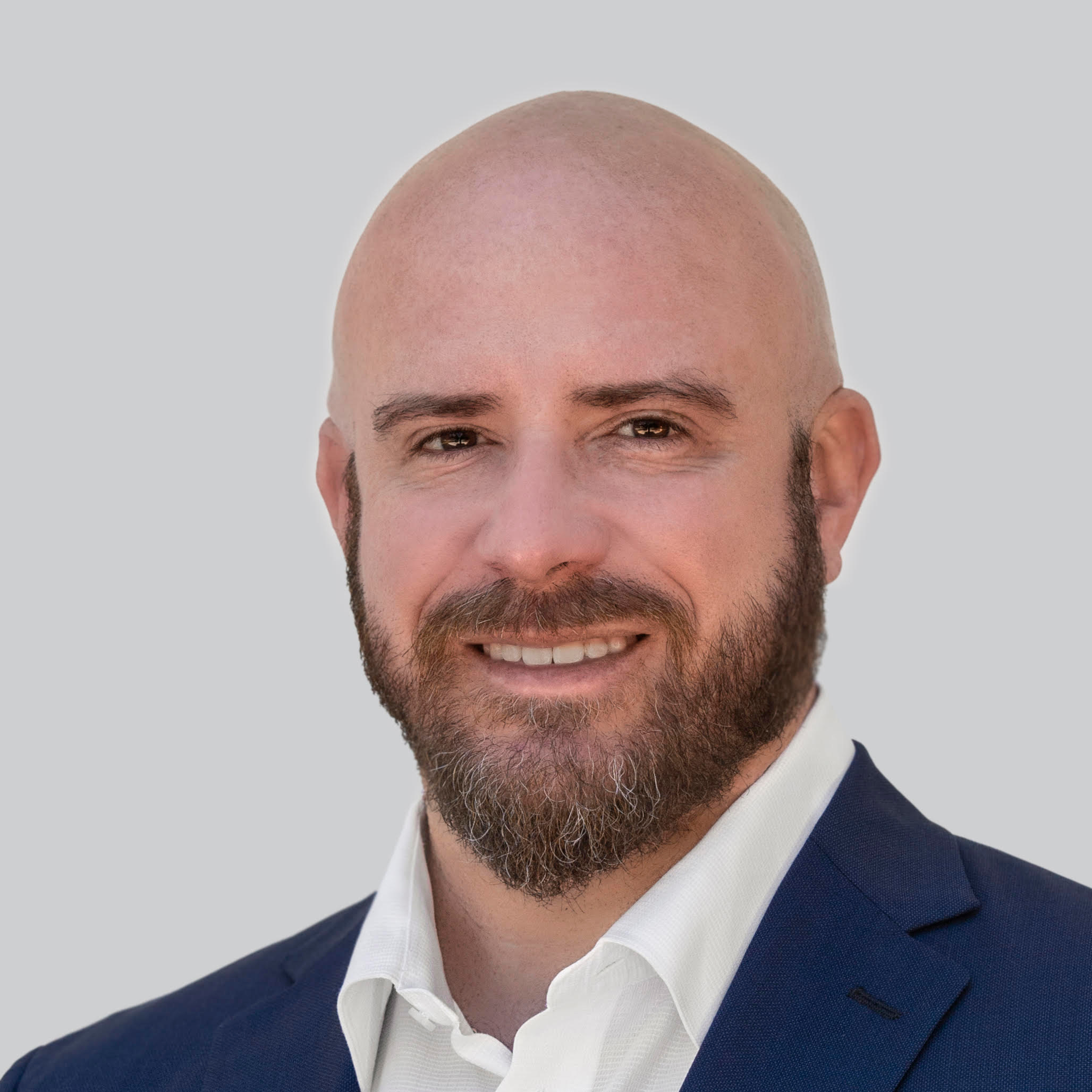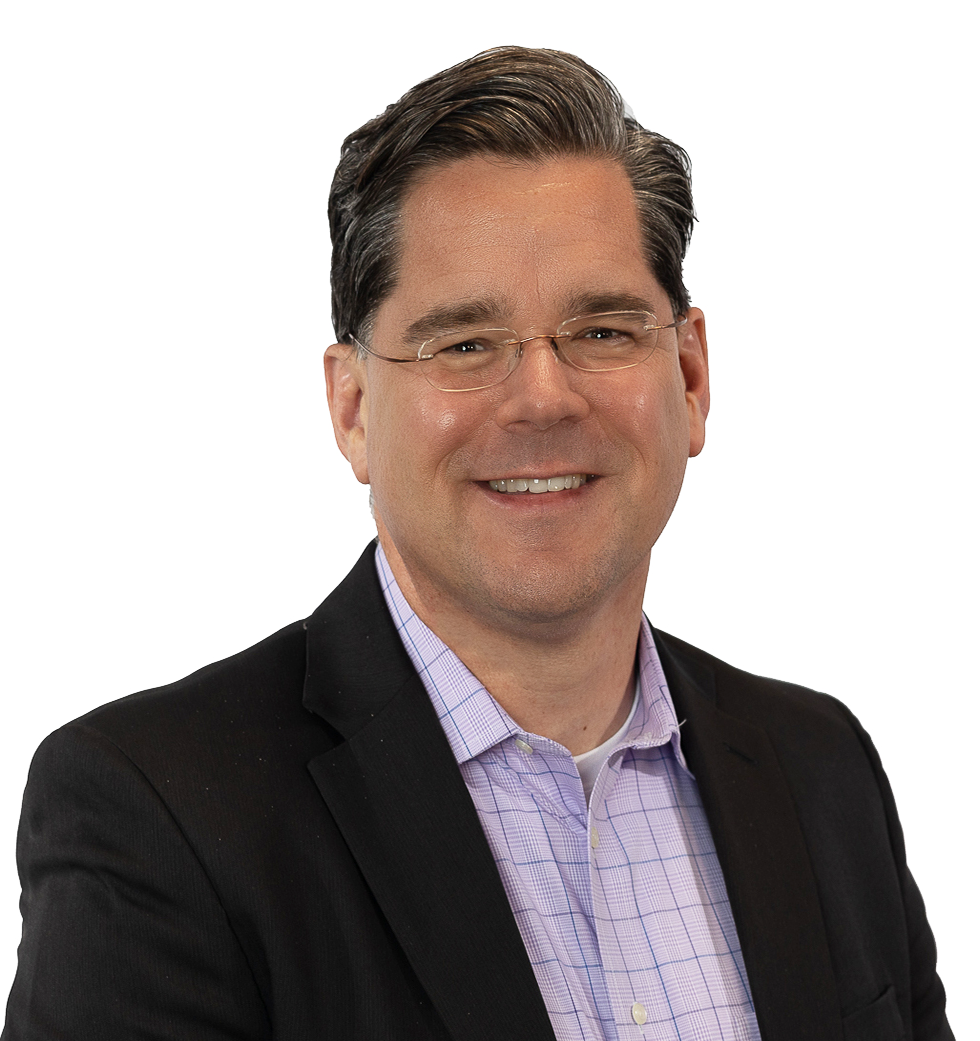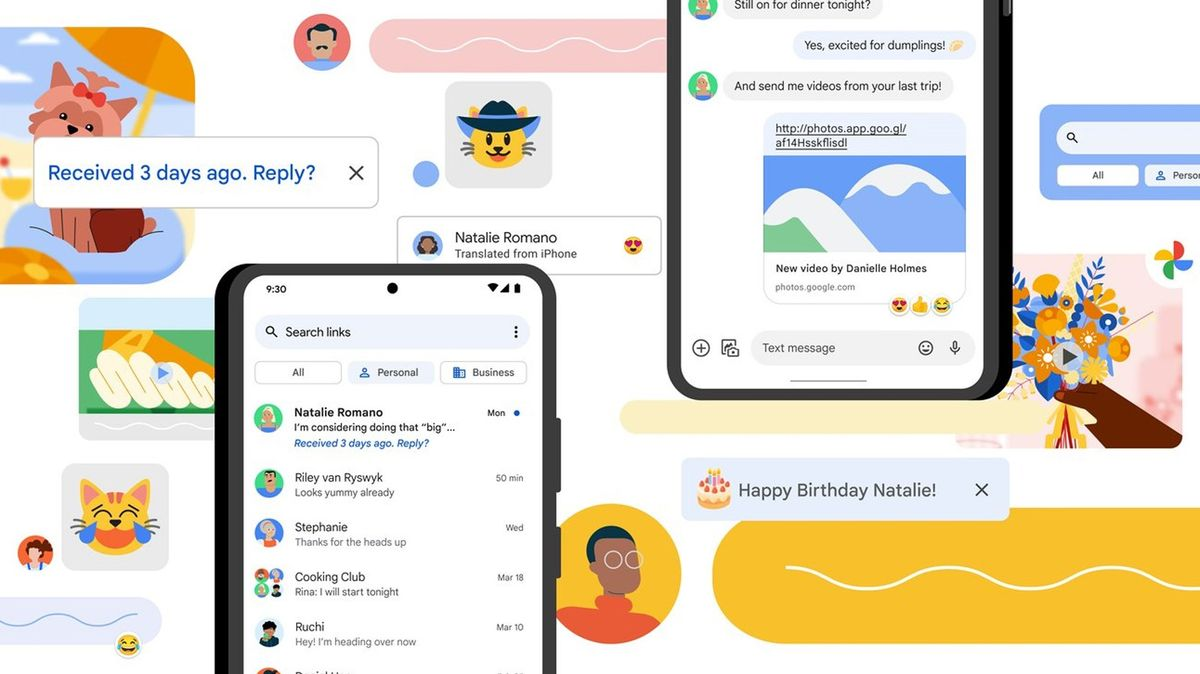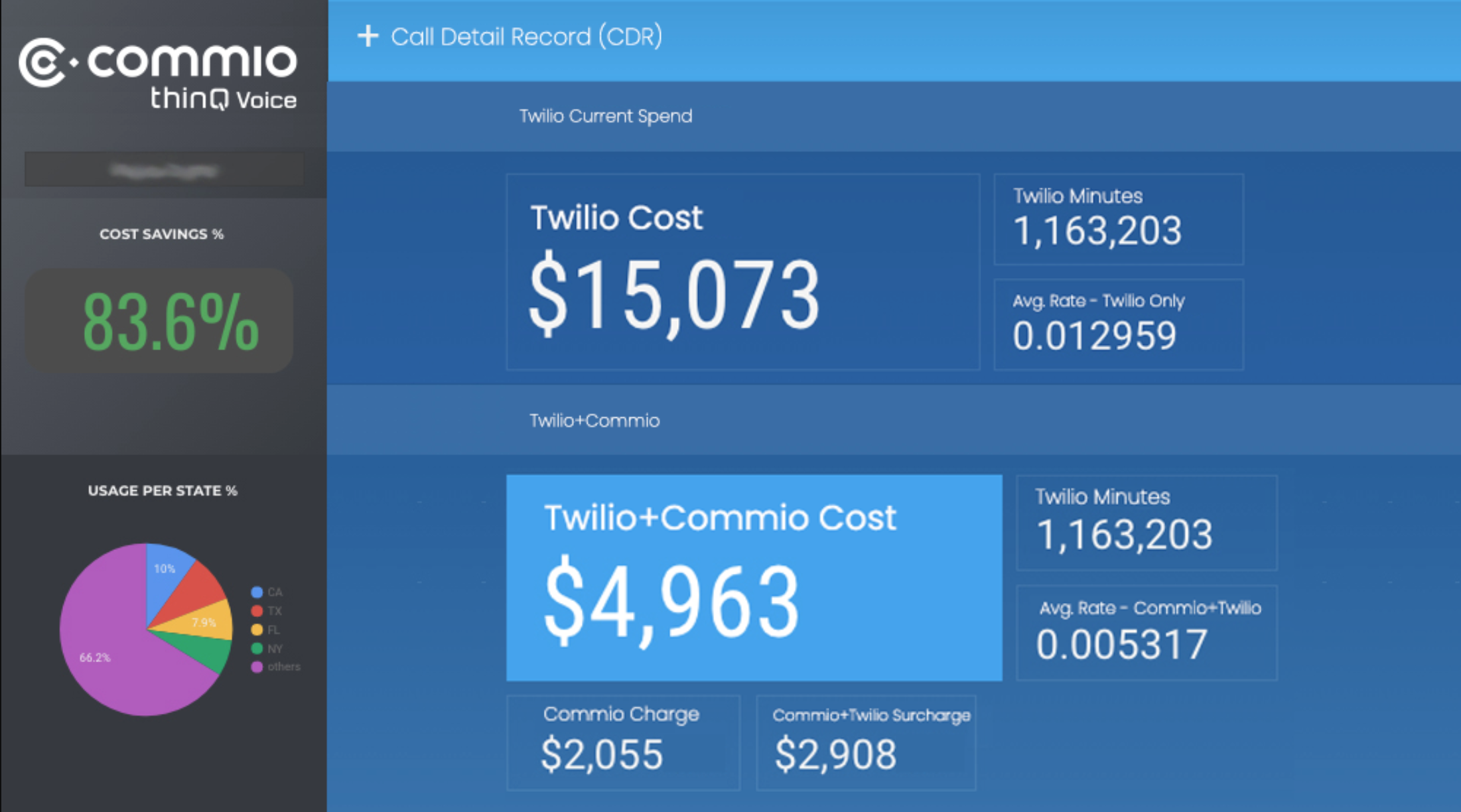What’s the biggest challenge in growing a SaaS business? Of course, you have to develop an outstanding product that’ll immediately grab the attention of target users and then constantly enhance the product to retain existing users. Amidst the typical challenges of product development, marketing, sales, and maintenance, it’s easy to lose sight of other crucial aspects, such as compliance.
Impact of Compliance
If you’re building a cloud-based SaaS platform, you’ll likely need to access or store your customers’ sensitive and confidential data. Considering the growing number of data breaches and cyber attacks, many regulatory bodies have formulated laws on data security and privacy. This is even more crucial if your application offers voice and text messaging features to users.
For instance, if your SaaS platform caters to healthcare providers and organizations, you must prioritize HIPAA compliance. The Health Insurance Portability and Accountability Act establishes certain information security standards to protect the personal health information (PHI) of patients.
The law outlines 18 PHI identifiers, including ZIP code, SSN, patient name, etc. that need to be protected. This is done to prevent the malicious use of PHIs for creating fake IDs and illegally procuring medical supplies. Your healthcare SaaS platform must conform to HIPAA standards while storing, processing, and sharing PHIs.
Likewise, if your target users include financial institutions and fintech companies, you’ll have to securely process and share critical information. From credit card details to bank account information, data breaches in the financial sector could be catastrophic. If your SaaS platform offers voice/SMS communication functionalities, you must ensure compliance with specific regulations for those as well.
To begin with, you’ll need to comply with the General Data Protection Regulation (GDPR). Also, you’ll have to watch out for any regulations established by watchdog organizations, such as the Financial Crimes Enforcement Network (FinCEN).
Addressing Compliance Gaps
There were about 600 healthcare data breaches in 2020 in the U.S. – marking a 55% rise from 2019. And there’s been a 10% increase in the average cost per breach. Additionally, financial institutions reported an increase in ransomware attacks in 2020.
Falling prey to cyber attacks and data breaches could attract a plethora of lawsuits and penalties for your users. If you want to avoid the disastrous results of not staying compliant, use a communication platform for your voice and text – such as Commio – that helps you meet the appropriate standards.
When shopping for a voice/SMS platform to keep you compliant, start by checking whether the platform is experienced in providing services to businesses in the healthcare and finance sectors. Identify the measures they’ve implemented to ensure compliance with various laws.
Then look for scalability, control, transparency, and flexibility at affordable rates. This is another domain in which Commio specializes and excels.
Compliant Voice & SMS Solutions
Since Commio doesn’t access or store PHIs, our platform can leverage the Conduit Exception Rule of HIPAA. When you use our voice platform, it simply transmits the message without accessing its content.
Likewise, our mode of operation makes the Commio platform applicable for HIPAA’s Omnibus Final Rule. This, in turn, means we don’t have to sign a Business Associate Agreement (BAA) to remain HIPAA compliant. Similarly, we’ve implemented various measures to ensure compliance with financial regulations.
Contact us today to schedule your demo and start building a secure and compliant SaaS platform.
















